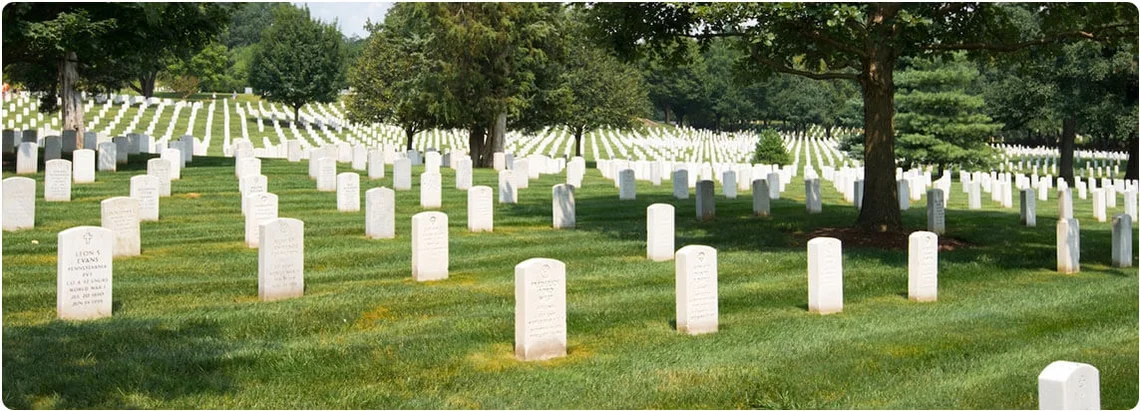For a long time in the Western world, visiting cemeteries served two primary purposes: praying for the dead and remembering that dead people were once alive.
Today, people visit graveyards, another term for cemeteries, for various reasons, such as:
Suppose you want to visit a cemetery for one of the reasons above. In that case, you may want to know the answers to specific questions.
How can you find a grave in the United States? Who regulates cemeteries in the U.S.? What are the different types of cemeteries? How long does a body stay in a cemetery?
This article discusses essential cemetery-related topics, such as cemetery regulations and how to find graves.
CemeterySearch.org is an all-in-one site that can provide information regarding various cemetery-related topics. You can also use this site’s searchable cemetery records database to look for deceased individuals’ graves.
Read on to learn about cemeteries, including how they operate, who operates them, and their different types and examples.

Locating a grave requires you to provide the following information regarding an individual:
If you are looking for a service member’s grave, you may need to provide additional information, such as the individual’s military service branch.
You can also consult publicly available state-specific resources when looking for someone’s grave.
For example, if you want to locate a grave in NYC (New York City), you can search through the New York Public Library’s online database. However, if this database does not yield what you are looking for, go to CemeterySearch.org, a more comprehensive search tool.
Other options to locate a grave in the United States include:
Agencies or organizations responsible for regulating U.S. cemeteries depend on the type of cemetery. For example, the NCA (National Cemetery Administration) governs and maintains the VA (Veteran Affairs) national cemeteries.
Individuals, families, corporations, and governmental agencies may also regulate cemeteries in the U.S.
The list below shows the different types of cemeteries:
Today, the U.S. National Park Service oversees 14 national cemeteries. The following list includes the names of these graveyards:
Public and private cemeteries have different policies regarding how long a body can stay in a cemetery.
For example, church cemeteries only have limited space. This situation may limit the time a body can stay in the cemetery.
On the other hand, national cemeteries may close their sites when there is no more space for future interment.
Cenotaph refers to a grave with no body. This type of grave serves as a memorial to a deceased individual.
Cenotaphs commemorate the deaths of those lost in war, at sea, or by other means where transportation or recovery of a body would be difficult.